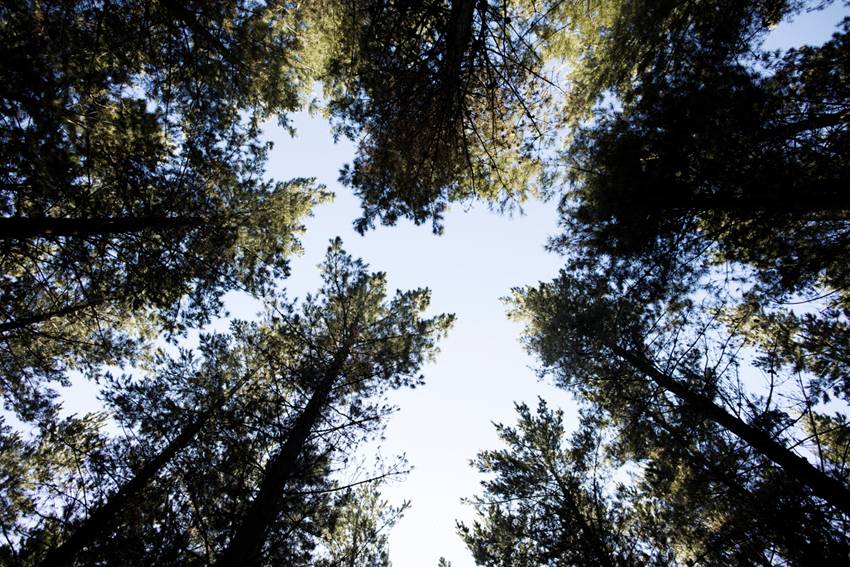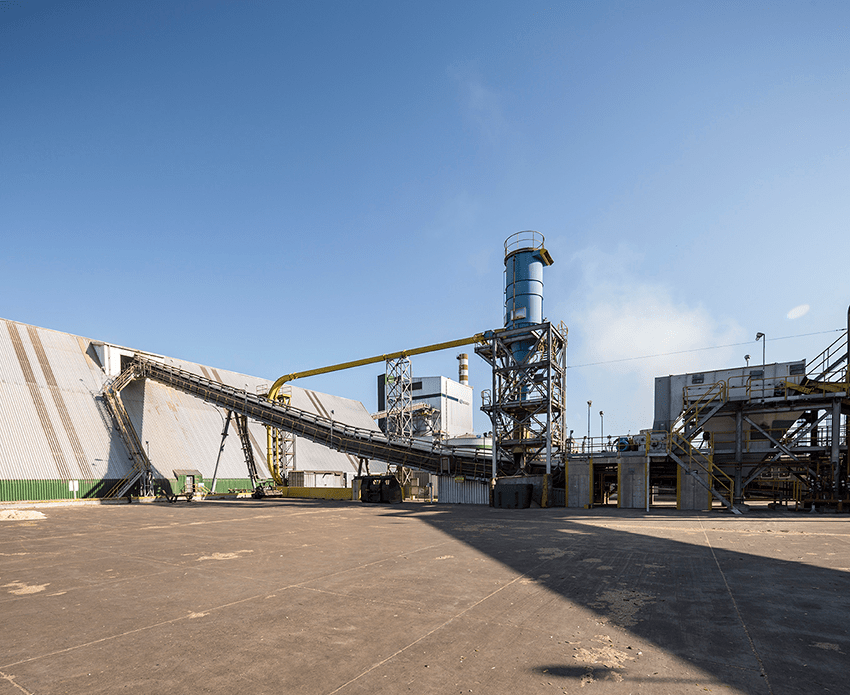
Optimization of water resources
We maintain a permanent commitment to the optimization of water and the protection of water courses.
See MoreOur presence in global markets commits us to embrace global challenges. Leadership in the optimization of water resources, clean energy and carbon credit generation are a few of the initiatives to face global change.

We maintain a permanent commitment to the optimization of water and the protection of water courses.
See More
We have 6 power plants registered as Greenhouse Gas (GHG) emission reduction projects.
See More
We are committed to the production of renewable energy from forest biomass, a non-fossil fuel.
See MorePlants as well as the soil and subsoil play an essential role as regulators wthin the hydrologic cycle. Forest plantations, native forests and other plant species absorb water to perform their biological processes, while their foliage intercepts rainfall therefore reducing soil erosion. Water management and the protection of water courses is conducted by a rigorous system that monitors management practices and the implementation of a policy for the delimitation and priorization of drainage basins.
We have five power plants in Chile and one in Uruguay (joint venture with Stora Enso) that are registered as GHG emission reduction projects under the Clean Development Mechanism of the Kyoto Protocol. These facilities annually offset about 650,000 tons of CO2. In addition, the Viñales cogeneration project is being registered under the Verified Carbon Standard (VCS).
The renewable energy from forest biomass, a non-fossil fuel, creates a virtuous cycle in which we supply energy to meet our own industrial needs and provide a surplus of clean energy to the electrical grid. In Chile, we are one of the primary producers of Non-Conventional Renewable Energy (NCRE) with an installed capacity of 606 MW and a capacity of 219 MW that are contributed to the SIC, the national energy grid. In Argentina we have an installed capacity of 78 MW and in Uruguay, 82 MW.
